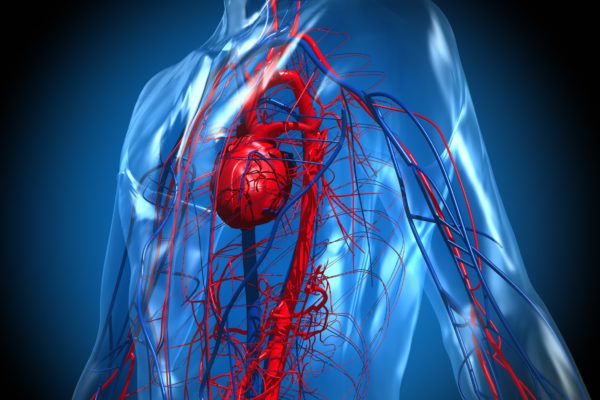
Information in Dutch
When a spontaneous unbridled cell growth occurs in the pituitary gland, it is called a pituitary gland tumour. Though almost always benign in nature, these tumours can lead to serious problems due to their location and the pressure they exert on certain parts of the brain, thus impairing functionality.
The pituitary gland is a gland at the base of the brain that produces several hormones. The gland is divided into two lobes: the anterior pituitary (or adenohypophysis) and the posterior pituitary (or neurohypophysis). Hormones secreted from the pituitary gland help in controlling growth, blood pressure, energy management, all functions of the sex organs, thyroid glands and metabolism as well as some aspects of pregnancy, childbirth, nursing, water/salt concentration in the kidneys, temperature regulation and pain relief.
There are two tumour types, functioning and non-functioning. A non-functioning tumour does not produce hormones, whereas a functioning one does. It is a very rare cancer: during 2015 only one patient in Belgium was diagnosed with a pituitary gland tumour.
Patients with a non-functioning tumour can present the following symptoms:
Patients with a functioning tumour can present the following symptoms that are all caused by excess hormone production.
No cause for pituitary gland cancer has been identified so far, nor are there specific risk-inducing factors.
A GP who suspects their patient may be suffering from a pituitary gland condition may order blood tests and urine tests. He will also examine the patient’s eyes. In case the GP suspects cancer, the patient will be referred to an endocrinologist, who may order an MRI scan of the brain.
A pituitary gland cancer can be treated with surgery, radiotherapy or medication. Often, however, the tumour remains untreated.
Medication can be given for two different reasons. One type of medicine makes the tumour shrink in size. Other medicines address the effects of under- or overproduction of hormones and the symptoms associated. Targeted therapy with mTOR, VEGF, kinase, PD-L1 and CTLA-4 inhibitors are under current investigation.
Radiotherapy is suggested when the effects of the medication are insufficient or when surgery brings too much of a risk, or when the tumour returns.





